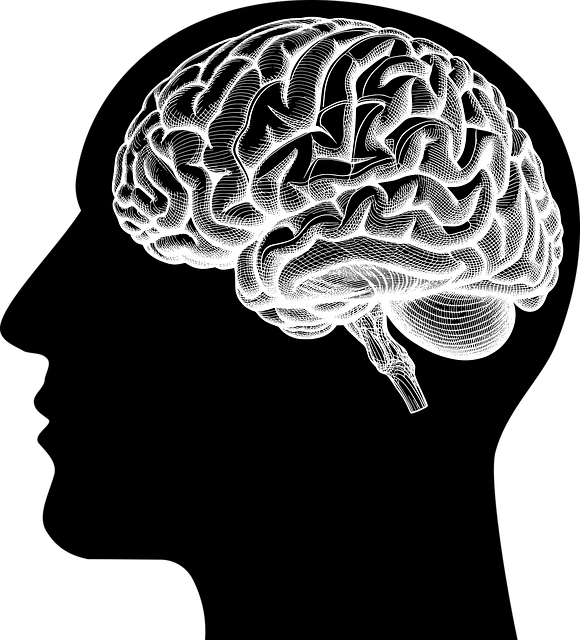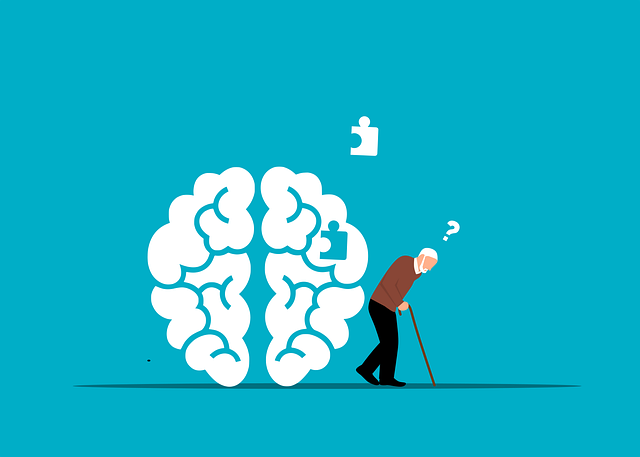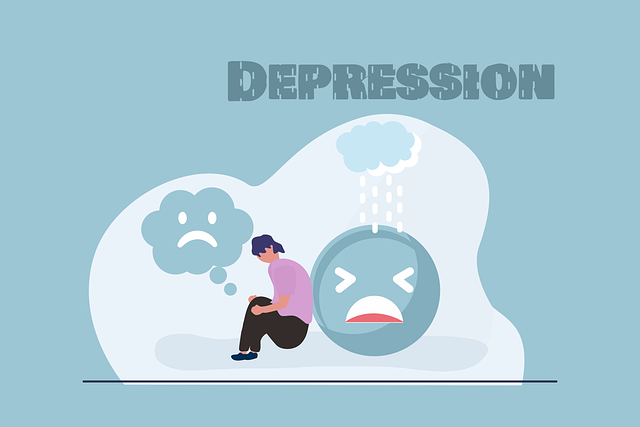Longmont Geriatrics Therapy prioritizes a safe and supportive environment for mental wellness group facilitation, focusing on facilitator skills like active listening and empathy. Techniques such as reflective listening and emotional validation build trust and encourage open dialogue. Integrating education, journaling exercises, and personal sharing enhances engagement and relatability. This holistic approach not only equips participants with tools but also fosters community and strengthens support networks, achieving successful outcomes through effective group dynamics and structured ground rules.
In today’s fast-paced world, mental wellness is paramount. Effective group facilitation plays a crucial role in fostering safe, supportive environments where individuals can thrive. This article explores proven techniques for facilitating mental wellness groups, focusing on creating trust, encouraging open communication, and promoting meaningful interactions. Learn how these strategies, tailored by Longmont Geriatrics Therapy, empower facilitators to make a profound impact on group members’ well-being.
- Establishing a Safe and Supportive Environment
- – Creating trust and rapport with group members
- – Setting ground rules and expectations for group dynamics
Establishing a Safe and Supportive Environment

Creating a safe and supportive environment is paramount for effective mental wellness group facilitation. At Longmont Geriatrics Therapy, we understand that fostering an inclusive atmosphere encourages open dialogue and emotional vulnerability among participants. Facilitators play a crucial role in setting the tone by demonstrating active listening, empathy, and non-judgmental attitudes. Utilizing techniques like reflective listening and validating emotions helps individuals feel seen and heard, which is essential for building trust within the group.
By integrating Mental Health Education Programs Design and Mental Wellness Journaling Exercise Guidance, facilitators can further enhance this safe space. Regularly sharing personal experiences (when relevant) and incorporating Communication Strategies can make sessions more relatable and engaging. This holistic approach ensures that participants not only gain valuable mental wellness tools but also develop a sense of community, ultimately strengthening their support networks.
– Creating trust and rapport with group members

Building a supportive environment is key to successful group facilitation, especially when addressing sensitive topics like mental wellness. The first step in this process involves cultivating trust and rapport among group members. Facilitators at Longmont Geriatrics Therapy understand that fostering an atmosphere of safety and comfort encourages participants to open up and share their experiences. This can be achieved through icebreakers, active listening, and validating each individual’s feelings, ensuring everyone feels seen and heard.
By creating a sense of belonging, facilitators enable members to connect on a deeper level, enhancing the therapeutic process. The group dynamic then becomes a powerful tool for emotional healing processes, mirroring effective Trauma Support Services strategies. This trust-based foundation is crucial, especially when discussing challenging topics, allowing members to support and learn from each other through Public Awareness Campaigns Development initiatives.
– Setting ground rules and expectations for group dynamics

Effective group facilitation for mental wellness requires establishing a safe and supportive environment from the outset. One crucial aspect is setting clear ground rules and expectations for all participants, fostering an atmosphere of trust and mutual respect. These rules should cover basic principles like confidentiality, active listening, and non-judgmental attitude, ensuring each member feels comfortable sharing their experiences. Facilitators at Longmont Geriatrics Therapy understand that navigating group dynamics needs a structured approach, especially when addressing diverse mental health concerns.
By establishing these norms, facilitators can manage the flow of discussions, encourage participation, and prevent any potential conflicts. It also helps in setting realistic goals for the group sessions, whether it’s improving communication skills through social skills training or managing stress through workshops designed to enhance resilience. Moreover, when members understand the rules, they are more likely to engage actively in community outreach program implementations, creating a cohesive and beneficial support system for all.
Group facilitation techniques, when mastered, can create a safe haven for individuals seeking mental wellness support, much like Longmont Geriatrics Therapy prioritizes. By fostering trust and setting clear dynamics, facilitators enable group members to openly share their experiences and gain valuable insights from one another. These strategies not only enhance individual healing but also contribute to a thriving supportive community.














